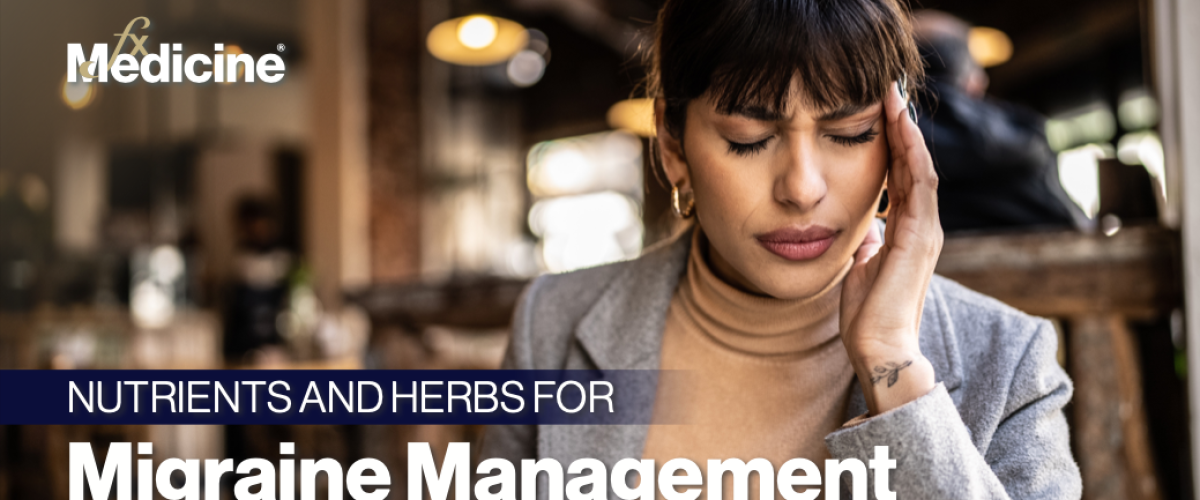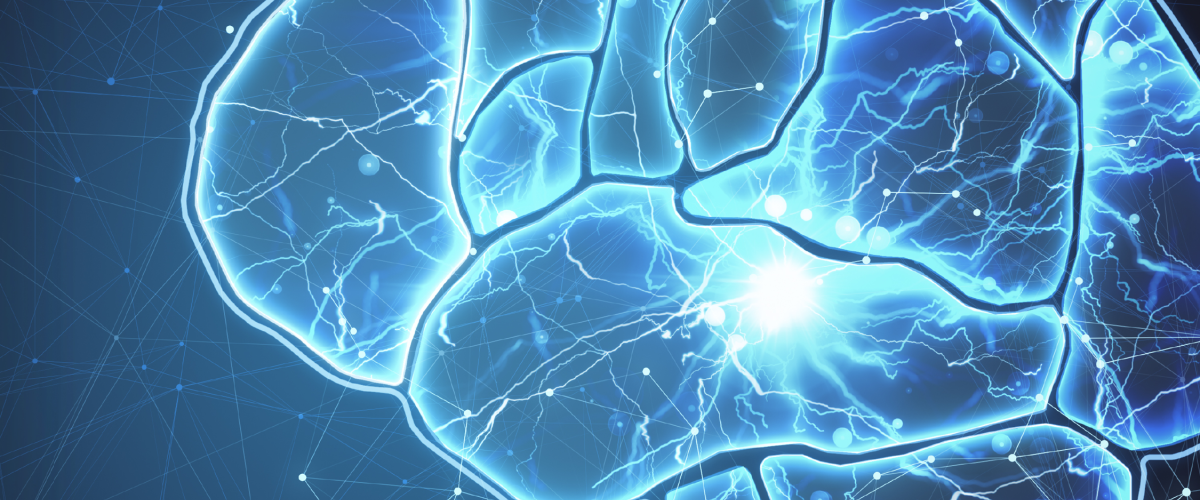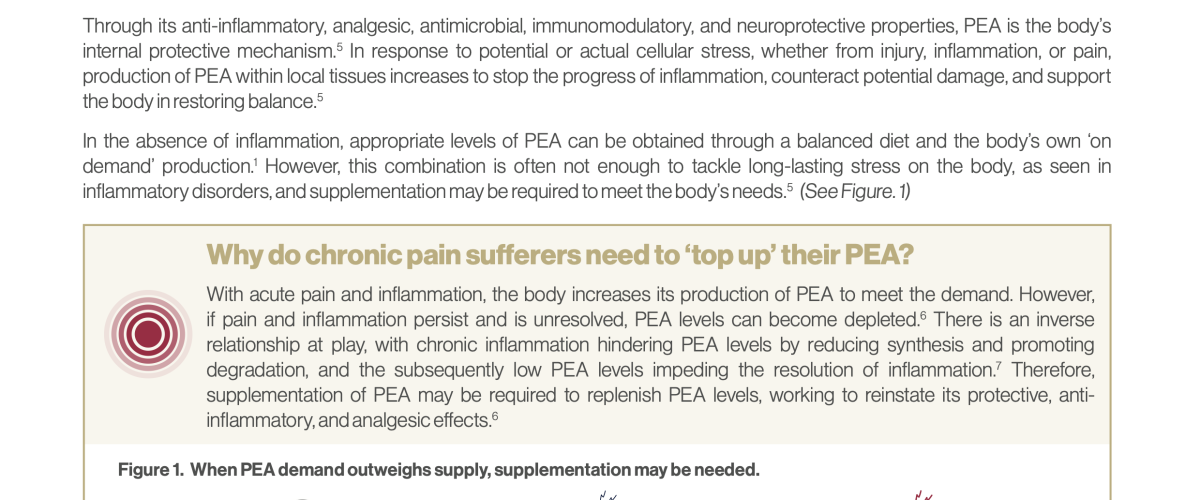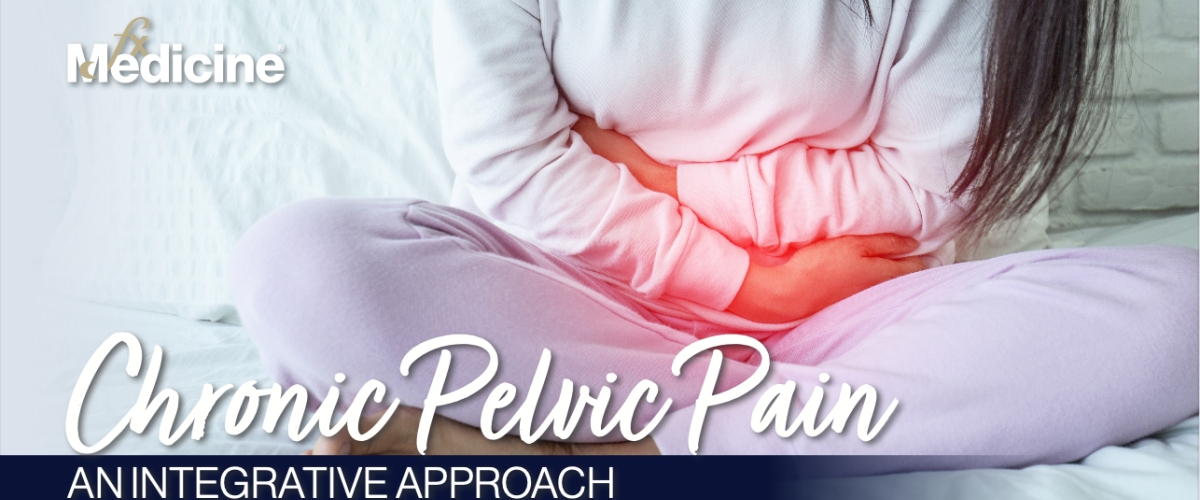Join fx Medicine ambassador Dr Michelle Woolhouse and Paul Taylor for this compelling conversation on the influence stress resistance, the human genome evolution, and our modern lifestyle have on our physical and mental health as we learn that not all stress is bad.
Join fx Medicine Ambassador Lisa Costa-Bir and gynaecologist Dr. Peta Wright as they explore the multifactorial causes of chronic pelvic pain in women, and how treating the whole person can provide significant improvement in symptoms and long-term management.
N-Palmitoylethanolamide (PEA), is an endogenously produced lipid1 found in the plasma membrane2 with concentrations increasing in response to tissue damage, inflammation, and nociceptive fibre stimulation.1 Dietary sources include egg yolks, soy lecithin, bovine and human milk, roasted coffee, apples, potatoes, lentils, black-eyed peas, tomatoes, corn, peanuts, common beans, garden peas, and soybeans.3
Migraine attacks are characterised by pulsating pain of moderate or severe intensity that is generally unilateral. During a migraine, sufferers often experience hypersensitivity to light (photophobia), sound (phonophobia), and smell (osmophobia), accompanied by nausea and vomiting. If unsuccessfully treated, attacks generally last between 4 to 72 hours.1
Dr. Tim Crowe explains the intricacies of inflammation, from the acute phase, to chronic and resolution.
Chronic pelvic pain (CPP) is characterised as pain perceived in the pelvic area, occurring for at least six months duration, irrespective of both menstruation and intercourse. CPP may affect both genders, however, it primarily occurs in women. Globally, up to 26% of women experience CPP for greater than a one-year duration.1
CPP is usually non-gynaecological2 with no pelvic disease identified in approximately ONE THIRD of individuals.3









